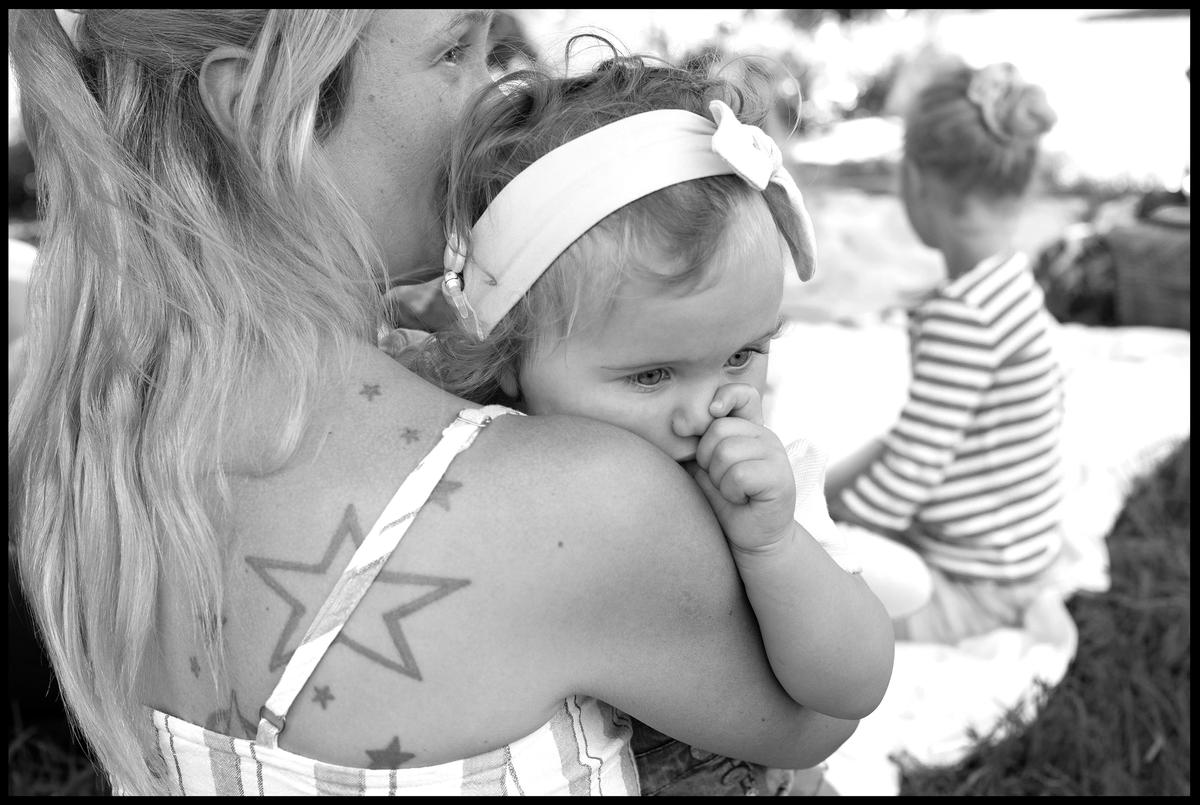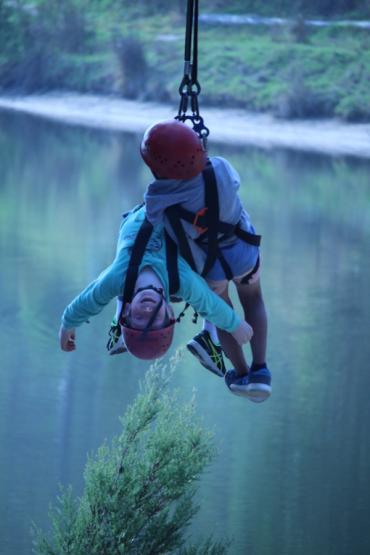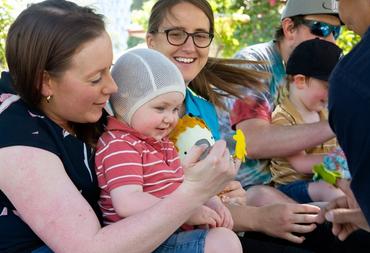Virtual- based learning: A new way of learning literacy?
In this study, research-based videos supplemented with research-based classroom activities and materials may help young deaf and hard of hearing children develop key literacy and language skills.

What was this study about?
This report indicates that using research-based videos and related classroom activities and materials, teachers can be effective in improving the early literacy skills of deaf and hard of hearing children.
In a small study over two weeks in the western part of the United States, a teacher showed children in a preschool class for deaf children an educational video from a series in American Sign Language (ASL) and conducted six classroom activities designed to supplement the video. The activities were designed to promote early literacy skills such as vocabulary, knowledge of story elements and sequencing skills.
What were the key findings?
- Preschool-aged deaf and hard of hearing children showed improved literacy skills after watching education videos in sign language and participating in related activities.
- Early childhood classrooms could adopt similar activities to promote literacy development.
- Literacy resources for preschool age deaf and hard of hearing children is still lacking. It's promising that research-based videos supplemented with research-based classroom activities and materials may help young deaf and hard of hearing children develop key literacy and language skills.
Where are I read more about this study?
Supplementing and Educational Video Series with Video-Related Classroom Activities and Materials.
Printable 461 KB PDF



